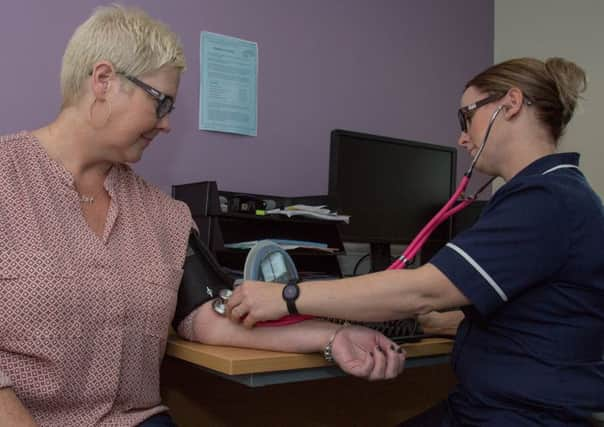Help for people at risk of Type 2 diabetes


Clinical commissioning groups (CCGs) in Oxon and Bucks have won a bid to be chosen by NHS England as participants in the pioneering NHS Diabetes Prevention Programme.
As a result, people identified as being at high risk by their GP will be offered education and lifestyle coaching to reduce their risk of Type 2 diabetes.
Advertisement
Hide AdAdvertisement
Hide AdType 2 diabetes can cause serious health issues including blindness and kidney failure as well as complications resulting in amputation. In some cases people with the condition can develop life-threatening conditions such as heart disease.
It is estimated that diabetes costs the NHS around £10 billion a year.
Dr Amar Latif, clinical lead for long term conditions for Oxfordshire CCG, said: “This is a really exciting opportunity for us to tackle the ticking time bomb that is diabetes.
“Prevention is the best approach and I believe patients will embrace the scheme knowing they’re taking a positive step towards a healthier future.”
Advertisement
Hide AdAdvertisement
Hide AdBucks and Oxon is one of 13 areas across the UK selected to take part in a further roll-out of what is the world’s first nationwide programme to stop people developing Type 2 diabetes.
The programme will support 100,000 people a year across the country by 2020 through tailored, personalised help to reduce their risk, including education on healthy eating and lifestyle, help to lose weight and bespoke physical exercise programmes, all of which have been proven to reduce the risk of developing the disease.
For information about the risk of diabetes and what you can do to reduce your risk, see www.nhs.uk/diabetes